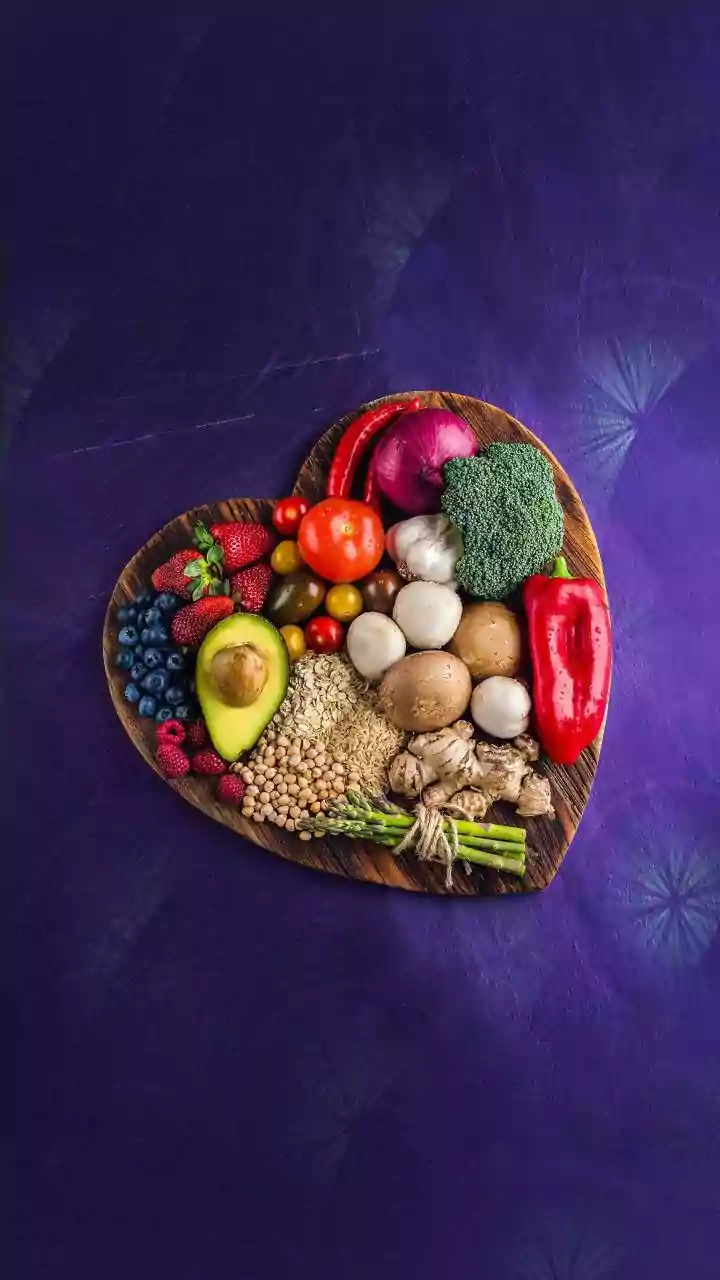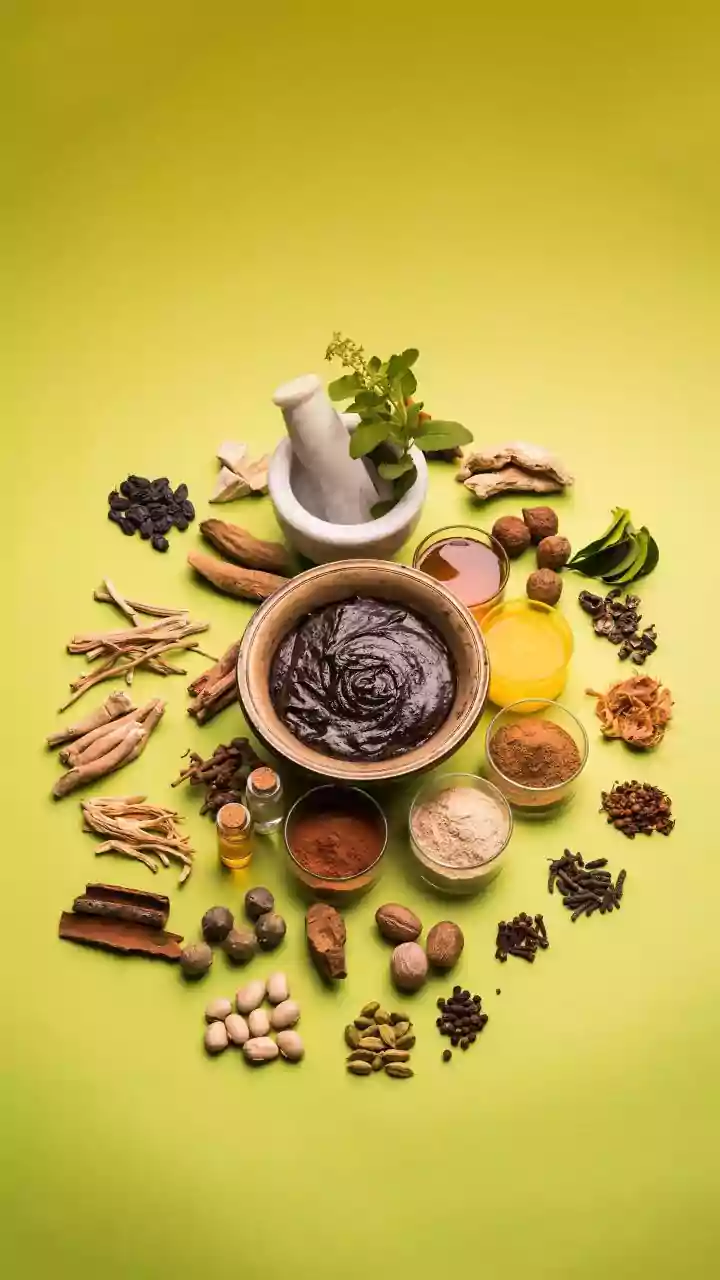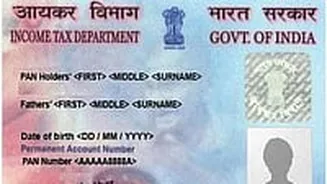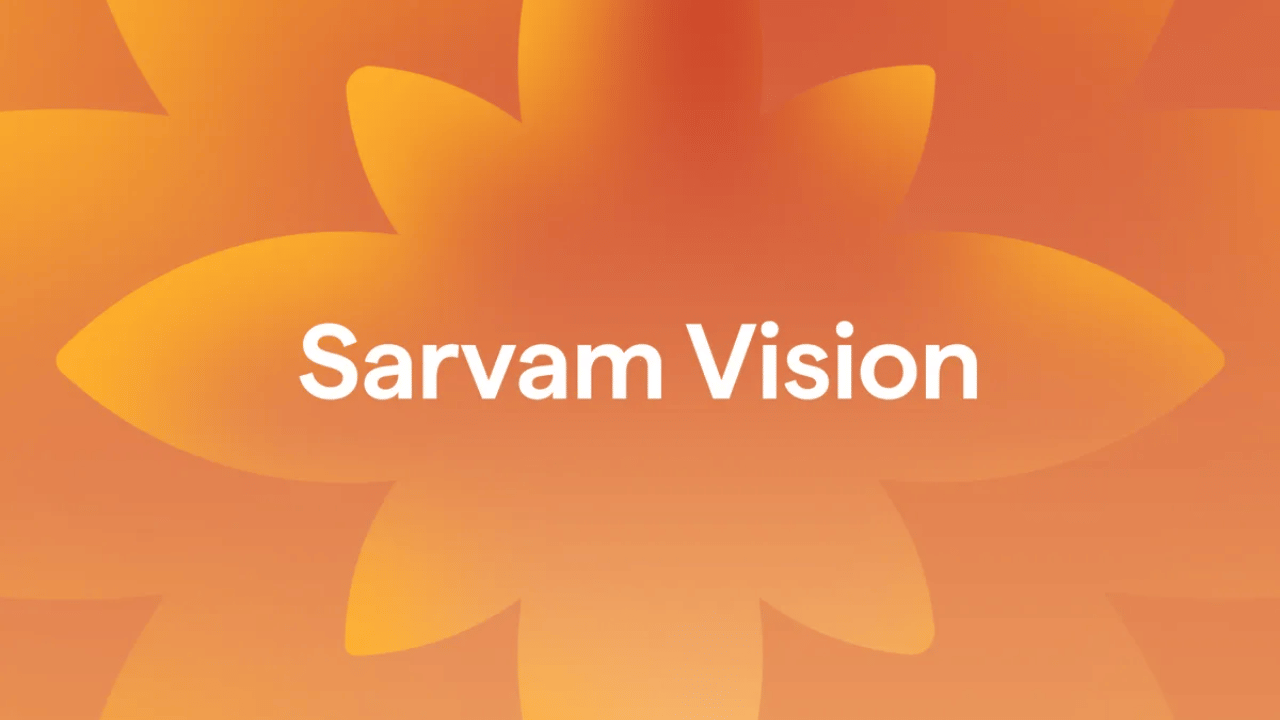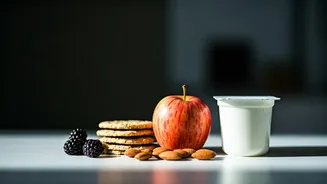Sodium's Impact Revealed
Sodium, a key mineral in table salt, is a significant factor influencing blood pressure. High sodium intake can cause your body to retain excess water,
leading to increased blood volume and elevated blood pressure. Many processed foods, like ready-made meals and packaged snacks, are loaded with sodium. It's wise to limit your consumption of these items. Check food labels to determine the sodium content, and opt for fresh, unprocessed ingredients whenever feasible. This small change in your diet can have a big positive impact on your blood pressure levels. The World Health Organization recommends adults consume less than 2,000 milligrams of sodium daily to maintain their health.
Sugar's Hidden Risks
Excess sugar consumption has been linked to high blood pressure in multiple ways. It can contribute to weight gain, which in turn increases the risk of hypertension. Furthermore, high sugar intake can lead to insulin resistance. Insulin resistance can damage blood vessels and increase blood pressure. Regularly consuming sugary drinks, candies, and baked goods can negatively impact cardiovascular health. Therefore, decreasing added sugars in your diet is crucial for blood pressure management. It is essential to read food labels to understand how much sugar you are consuming, and to opt for whole, unprocessed foods where possible. This allows better blood pressure control.
Caffeine and Pressure
The impact of caffeine on blood pressure is complex. For some individuals, caffeine can cause a temporary increase in blood pressure immediately after consumption. However, in others, regular caffeine intake does not seem to have a significant impact. The reaction to caffeine varies from person to person. People who are sensitive to caffeine, or who are already struggling with high blood pressure, might want to be cautious. Limiting your caffeine intake from sources like coffee, tea, and energy drinks could be beneficial. Monitoring how caffeine impacts your blood pressure can help you customize your intake. Observing your body's reactions and making informed choices is key.
Alcohol's Double Edge
Alcohol consumption's effect on blood pressure has a nuanced nature. Moderate alcohol intake may be linked to some benefits, but excessive consumption is a known risk factor for elevated blood pressure. Heavy alcohol use can directly raise blood pressure over time, increasing the risk of hypertension and other cardiovascular issues. If you consume alcohol, it is vital to do so in moderation, which means up to one drink per day for women and up to two drinks per day for men. Always consult with your healthcare provider regarding alcohol consumption, especially if you have concerns about your blood pressure or heart health. Your doctor can give you personalized advice.
Processed Food Dilemma
Processed foods are often packed with ingredients that can negatively impact blood pressure. These foods frequently contain high levels of sodium, added sugars, and unhealthy fats, all of which contribute to elevated blood pressure. Convenient snacks, ready-to-eat meals, and many packaged products should be consumed sparingly. Reading food labels carefully to avoid items high in sodium and added sugars is an essential strategy. Focus on incorporating fresh, whole foods into your diet to avoid the pitfalls of processed options. This helps you to maintain a heart-healthy diet that helps control blood pressure.
Unhealthy Fats Beware
Unhealthy fats, such as saturated and trans fats, can play a significant role in cardiovascular health and affect blood pressure. These fats are found in fried foods, fatty cuts of meat, and certain processed snacks. Consuming too much of these fats can lead to weight gain, increase LDL cholesterol (often called 'bad' cholesterol), and increase the risk of heart disease, all of which may indirectly elevate blood pressure. Replacing unhealthy fats with healthier alternatives like unsaturated fats (found in olive oil, avocados, and nuts) is a wise move. Choose lean proteins, cook with healthier oils, and limit your intake of foods high in saturated and trans fats to support heart health and manage blood pressure.
Red Meat's Consideration
Excessive consumption of red meat can also influence blood pressure levels. Red meat is often higher in saturated fats than other protein sources, which, as discussed, can negatively impact cardiovascular health. Additionally, red meat can also be high in sodium, if processed with salt. Choosing lean protein sources such as fish, poultry without skin, and plant-based options can reduce the risk. If you consume red meat, moderation is essential. Choosing leaner cuts and preparing them in a healthier manner can help mitigate some of the risks. It is vital to balance your dietary choices to promote a heart-healthy lifestyle that supports blood pressure management.
Licorice Root's Warning
Glycyrrhizic acid, found in licorice root, can potentially increase blood pressure. This compound can cause the body to retain sodium and lose potassium, which can elevate blood pressure. While licorice root is sometimes used in herbal remedies and teas, excessive consumption should be avoided. People with high blood pressure or a history of heart issues should be especially cautious. Read product labels carefully to check if licorice root or glycyrrhizic acid are present. If you have any concerns, it is best to speak with a healthcare provider for guidance to ensure your diet supports your health goals. This is extremely important for those managing hypertension.



